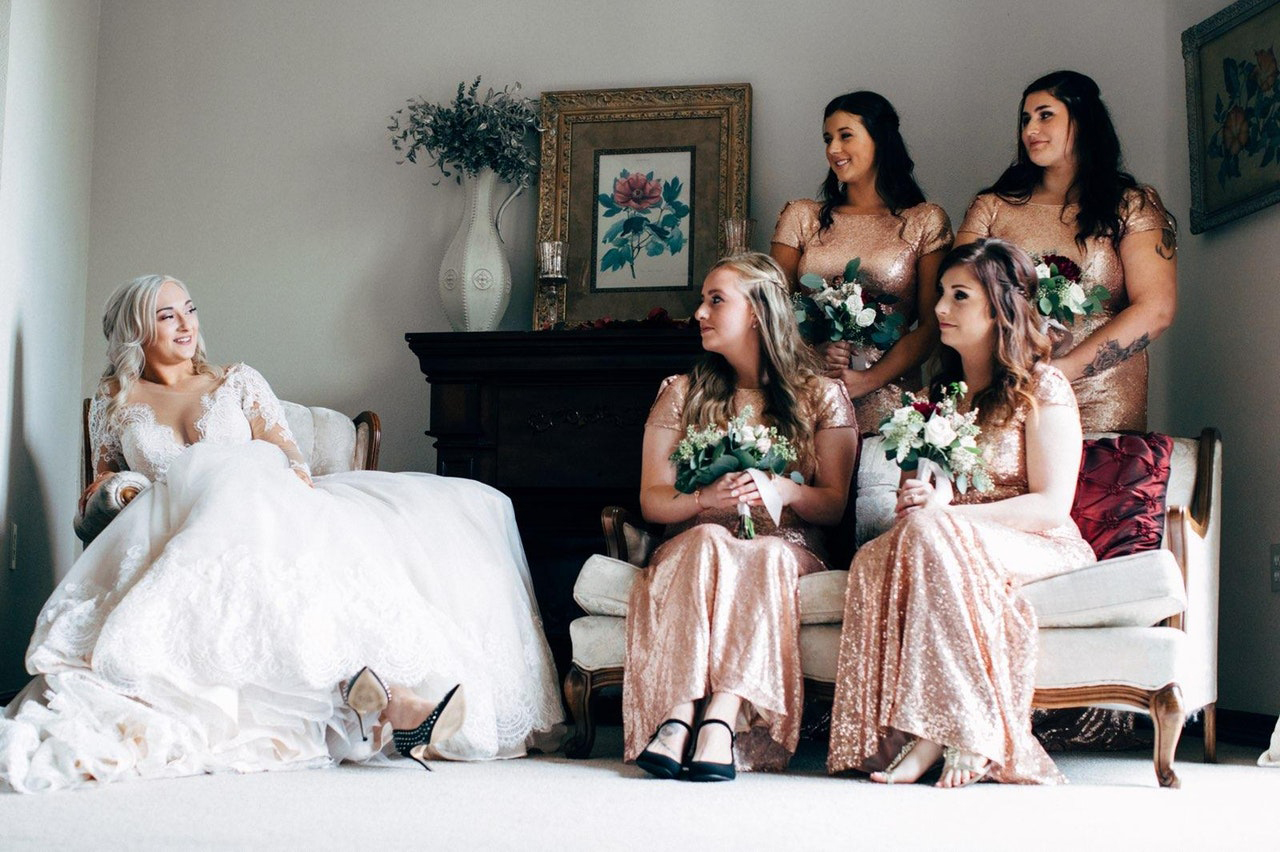

Establish the Categories of Your Budget

Image Source: chimera.labs.oreilly.com
You first want to know what items are going to influence your budget. Start a list with your fiancé and come up with all the possible items and services that could cost you money for your wedding.
General categories with more specific subcategories will keep you on track as you work though the costs of your wedding planning. They also function as talking points for you as a couple. And they can be something that you can show your parents if they plan on pitching in.
Some possible categories include:
- The wedding
- The reception
- Gifts for friends and family
- Meals with the families
- The honeymoon
If you’re having trouble coming up with some proper budgeting categories, continue reading to spark your thoughts. These will give you an idea about the types of things people spend their money on when planning a wedding.
One good way to keep track of your list of items and services is to start a spreadsheet. Organizing your budget in this way not only gives you a look at all the items at a glance, but will keep track of new expenses as you add them. And you will stumble upon more expenses, so go ahead and get that spreadsheet started.
What Are Your Priorities?

Image Source: safestart.com
Now that you’ve created categories for each step in your wedding, go back through the list and figure out your priorities. Don’t be shy. We know that you’ve probably flipped through some bridal magazines about a hundred times and that you probably have a list of “must haves” for the wedding.
If you have an unlimited budget, you can have both your necessities and your desires, but chances are your options are limited to some extent. So what do you do in that case? Sit down with your fiancé and agree on the top three priorities for your wedding ceremony.
Maybe you have always dreamed of having a live band as you dance to your first song or maybe you know someone who will create a breath-taking wedding video. Whatever it is, put the total of the top three “must-haves” on your list, plus the cost of each.
There is a caveat to all of this. Do not forget to include your reception costs in your “must-have” list. You should expect your reception toeat up about 50% of your wedding costs.
That said, there are ways to save on your reception so that you have money left over for the stuff you want most. Go with cheaper food. Find a cheaper vendor for your flower arrangements (or do your own). Downsize your guest list. There is usually something you can do to be able to afford some of your desires for your wedding.
Whatever is not already on your list of expenses after this brainstorming session should be added to that now that you have had a chance to brainstorm your priorities.
Have an Emergency Fund
Usually when you think of an emergency fund, you think of disaster. This is not the case, though the idea that something related to your wedding could go wrong can almost seem like a disaster.
There are some common hidden costs that brides and grooms often forget. These can include the marriage license, the bachelorette party, and postage costs. Ideally, you will remember expenses such as these, but just in case, tuck away $500.00 to $1000.00.
If the thought of an emergency fund sparked thought of more expenses not already on your list, go back and add those now. As you do this, be sure to make a running total.
Think of Alternatives
Sometimes weddings cost more because they must be scheduled during a popular wedding season or because you have to fly in long-distance relatives for your nuptials. While you these may be immoveable, be creative in how to lower costs. Below are some factors that could affect the cost of your wedding:
1. Season

Image Source: onedaystudio.net
2. Location
3. The Type of Wedding
4. The Guest List

Image Source: weddinghappy.com
5. Where You Get Married
Can you get married in your parents’ big backyard and save a zillion bucks? Don’t laugh. Mark Zuckerberg got married in his backyard.
All kidding aside, be aware that your wedding venue could make the rest of your budget difficult to resolve. If you can’t convince your parents to host you, shop around until you find an affordable venue. This act alone can save you a bunch of cash.
Putting It All Together
Once you’ve completed your list for your wedding, you have a better idea of what you need and what you can eliminate from your budget. The elimination process can be a matter of you whittling down the list even more than it is or going through your monthly budget to see what you can shave from that and divert toward your wedding.
For instance, you could limit the number of times you go out to eat or foregoing cable for Netflix in order to increase the size of your wedding budget. You can also take steps like getting a second job or even asking your parents if they plan on contributing to the cost of your wedding.
Once that’s done and you’ve settled on a budget that both you and your fiancé can live with, you can start the wedding planning in earnest. Putting forth the effort to determine a reasonable budget that accounts for all the necessary aspects of your wedding will seriously eliminate stress.

















